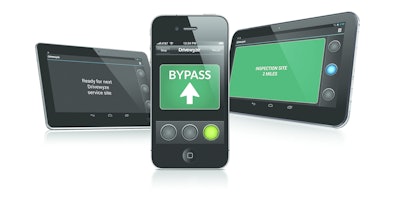
It wasn’t that long ago all phone calls were made from stationary phones in the home or office. Hard wired. Today, we take cell phones and smartphones for granted. While they help everyone from truck drivers to fleet managers stay connected, they also offer a new way of doing business.
“We call it Commercial Mobile Radio Service (CMRS) transponder technology,” explains Brian Heath, president of Burlingame, Calif.-based Drivewyze. “Through our Drivewyze weigh station bypass service, it’s a game changer for the trucking industry. Traditional transponder technology—expensive poles with short distance radio transmitters—began more than 20 years ago and that’s akin to a hard wired telephone. It was the only way you could do bypass back then. But today, CMRS transponders are unique from traditional transponders. They do not require any roadside hardware to work and instead communicate using cellular data connectivity.”
According to Heath, Drivewyze is a transparent, neutral platform that allows state agencies to reward safe truck companies (as indicated by Compliance, Safety, Accountability—or CSA—scores), with bypass opportunities.
“This frees frontline inspection officers to focus their attention on the trucks that need inspections,” says Heath. “A secure interface inside the weigh station displays the results of each bypass request after it has been automatically processed. Based on carrier, vehicle and driver-level data, and a state’s bypass criteria, trucks are instructed to either bypass or report to the weigh station. Aside from a 2 percent random inspection, most fleets with high safety scores can enjoy bypass rates of up to 98 percent.”
Heath adds that Drivewyze PreClear is the nation’s only mobile-based commercial vehicle subscription service for weigh station and roadside inspection site bypass. The service runs on permanently installed in-truck devices as well as mounted tablets and smartphones.
“An FMCSA (Federal Motor Carrier Safety Administration) study showed that a weigh station stop, made for as little as five minutes at a time, costs the operator $8.68 in fuel and lost time,” notes Heath. “The ROI for Drivewyze PreClear is one of the best in the industry.”
Thanks to working with partners such as PeopleNet, XRS and Zonar, Heath says the future is exciting.
“We started by having our technology available on smartphones—downloaded from App stores. But for fleets that have onboard systems, we’re integrating Drivewyze with their tablets and systems so they can literally ‘turn on’ and register Drivewyze for bypass opportunities.”
In addition, Heath says Drivewyze provides ‘proof in the pudding’ about the value of bypassing.
“Each month we provide a full, easy-to-understand report that shows the ROI for our customers. One smaller fleet, running eight trucks, was shown it had 162 bypass opportunities over a month’s time, and was granted 157 bypasses (a 97 percent bypass rate). Those trucks and drivers saved 13.1 hours and 62.8 gallons in fuel, which was calculated to save their company $1,362. We even showed the benefit to the environment—bypassing reduced CO2 emissions by 1.9 tons. The cost for the service? Just $15.75 for multi-state bypass coverage with volume discounts available.”
The Drivewyze bypass program is currently offered by 16 state agencies at 223 locations. Heath says new states continue to adopt the Drivewyze program and service site locations are being added each month with a goal to have full national coverage in 2014.
“With the advent of what we’re doing with GPS-connected devices and the $380 billion infrastructure investment that wireless cellular carriers have made in providing data coverage, bypass services can now be deployed to all fixed and mobile enforcement sites across the country without any installation costs,” he says. “This represents a significant leap in vehicle to roadside communication capabilities at significantly lower costs for both states and the fleets that utilize the bypass system.”
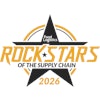




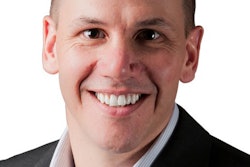

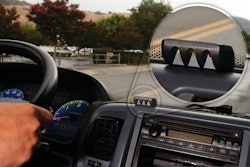





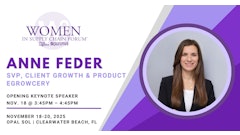
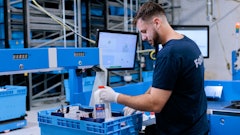

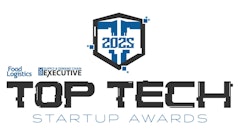
![Top Tech Startup Logo 2025 Vertical [color] (1)](https://img.foodlogistics.com/mindful/acbm/workspaces/default/uploads/2025/07/top-tech-startup-logo-2025-vertical-color-1.pZkBK95TLe.png?ar=16%3A9&auto=format%2Ccompress&bg=fff&fill-color=fff&fit=fill&h=135&q=70&w=240)
